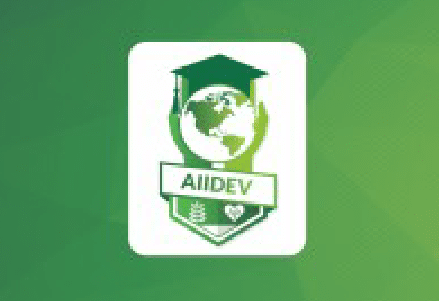Welcome to the SDG Awards, a distinguished recognition program honoring the remarkable contributions of individuals, organizations, and initiatives in championing the United Nations’ 17 Sustainable Development Goals (SDGs).

Economic Empowerment: Invests in building skills and capacities, enhancing individuals' ability to contribute to sustainable economic growth.
SDG Awards, hosted by the SDG Alliance of the European Technology Chamber since 2019.